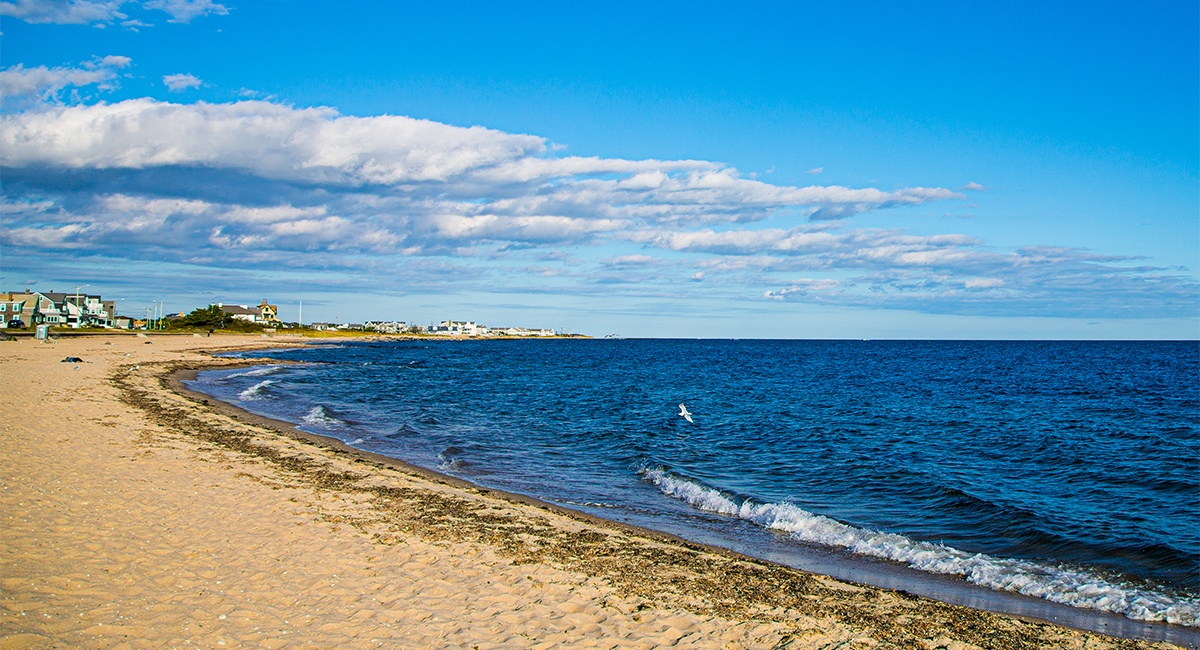Beach Closures in Massachusetts

Massachusetts beaches closed – The recent beach closures in Massachusetts have been a major inconvenience for residents and tourists alike. The closures have been caused by a combination of factors, including high levels of bacteria in the water, red tide, and harmful algal blooms. These factors can cause a variety of health problems, including gastrointestinal illness, skin infections, and respiratory problems.
With Massachusetts beaches closed due to hazardous conditions, sun-seekers and beachgoers may find solace in the luxurious offerings of Saks Fifth Avenue and Neiman Marcus. These high-end department stores offer a wide selection of beach-inspired fashion, from breezy cover-ups to stylish swimwear, allowing you to bring the beach vibes home.
Affected Beaches, Massachusetts beaches closed
The following beaches have been closed in Massachusetts:
- Bourne
- Dennis
- Falmouth
- Harwich
- Orleans
- Provincetown
- Truro
- Wellfleet
Impact on Local Businesses and Tourism
The beach closures have had a significant impact on local businesses and tourism. Many businesses that rely on beachgoers for revenue have been forced to close or reduce their hours. The closures have also discouraged tourists from visiting the area, which has led to a loss of revenue for hotels, restaurants, and other businesses.
The salty breeze that once carried the scent of summer now bears a weight of uncertainty as Massachusetts beaches remain closed due to COVID-19. The virus, with its elusive “flirt symptoms” such as fatigue and body aches as outlined here , has cast a shadow over our coastal havens.
The absence of laughter and the silence of waves crashing ashore only amplify the longing for a time when these shores were filled with carefree souls.
Public Health Concerns

The decision to close Massachusetts beaches was driven by significant public health concerns related to the presence of contaminated water.
Swimming in contaminated water poses potential risks, including exposure to harmful bacteria, viruses, and parasites. These microorganisms can cause a range of illnesses, from mild skin irritations to more serious infections.
Water Quality Monitoring
To address these concerns, state and local authorities are actively monitoring water quality at beaches throughout Massachusetts. Water samples are collected and analyzed to detect the presence of harmful microorganisms. When water quality standards are exceeded, beaches are closed to swimming to protect public health.
Water Quality Monitoring: Massachusetts Beaches Closed
To ensure the safety of swimmers, Massachusetts beaches undergo regular water quality monitoring. This monitoring process involves testing the water for various parameters to determine its suitability for swimming and other recreational activities.
The parameters tested include bacteria levels, such as E. coli and enterococci, which indicate the presence of fecal contamination. The monitoring also measures pH levels, dissolved oxygen, and turbidity to assess the overall health of the water ecosystem.
Frequency and Reporting
Water quality monitoring is conducted regularly throughout the swimming season, typically from Memorial Day to Labor Day. Samples are collected from designated sampling locations and analyzed by certified laboratories.
The results of the monitoring are reported to the public through the Massachusetts Department of Public Health (MDPH) website and local health departments. If water quality standards are exceeded, the beach may be closed to swimming until the water quality improves.